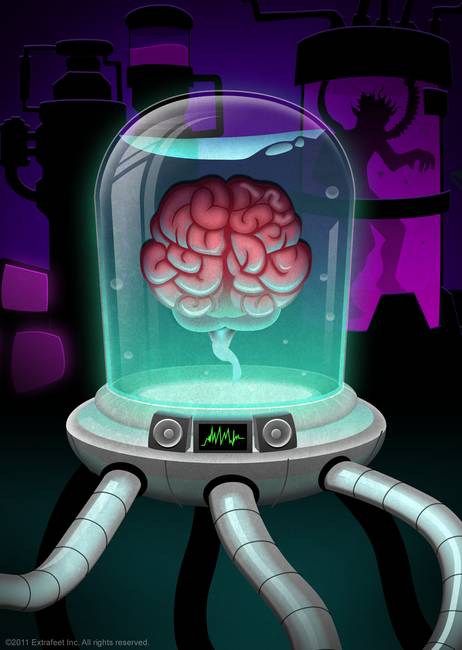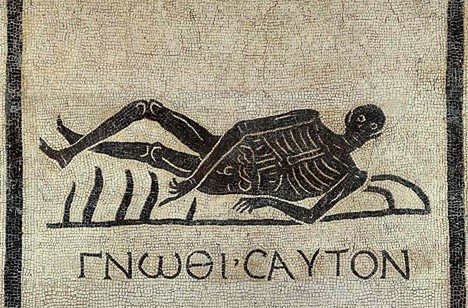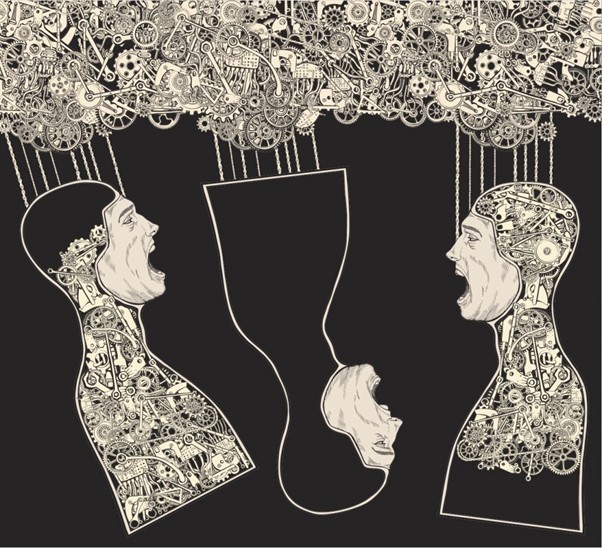What if it’s all just a simulation?
“Apparently, there is a 50-50 chance that we live in a simulated world. What does philosophy make of this possibility?” Thank you, Wynn P Wheldon. Actually, this question has been central to philosophy for a very long time now, and, as usual, there is no simple answer to it. It raises attached questions, such as: […]
What if it’s all just a simulation? Read More









